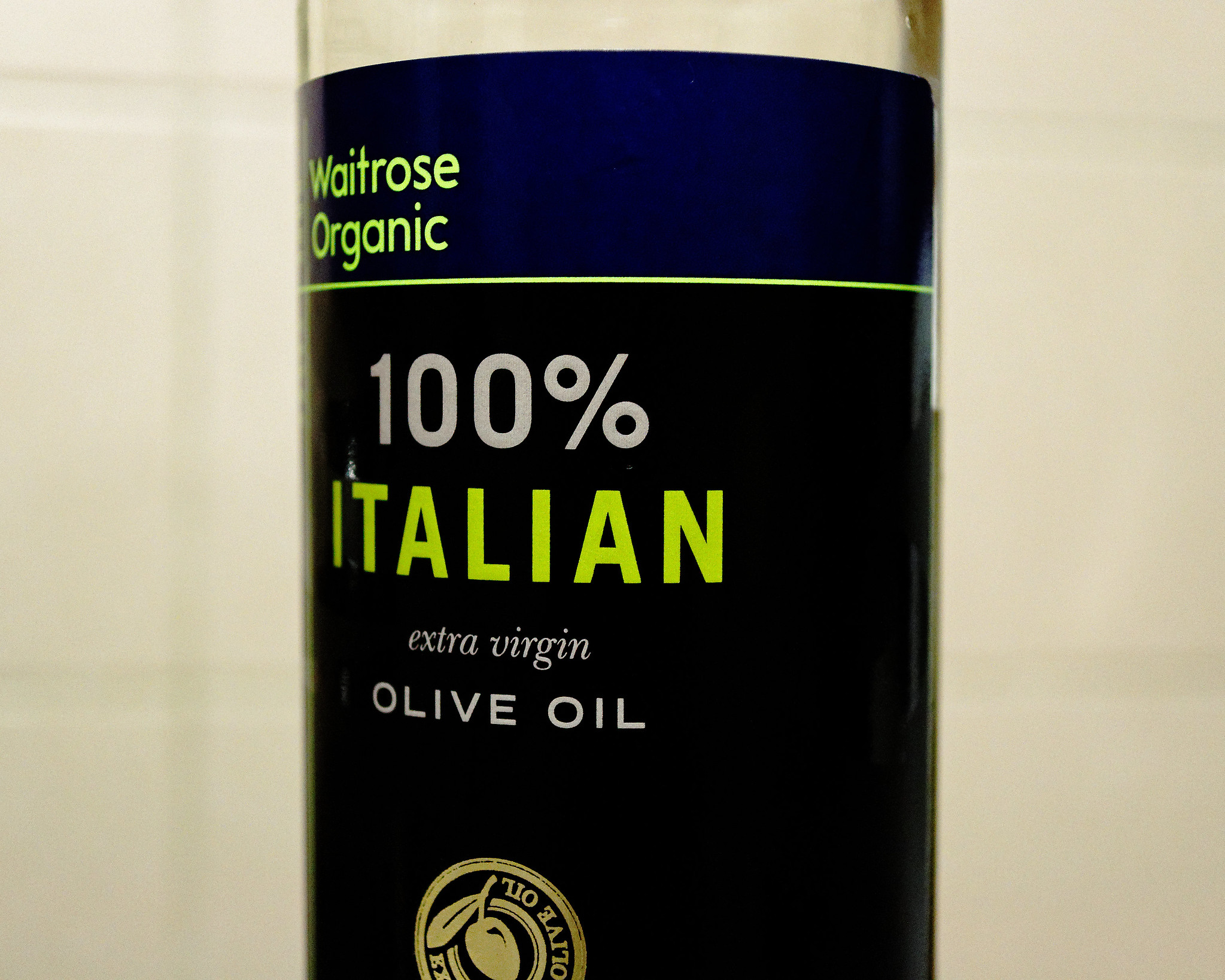Extra virgin olive oil from Puglia is a staple for nine out of ten families in the region. Meanwhile, in 2024, global exports soared by 60% compared to 2023
Coldiretti Puglia announced this growth at the opening of ‘Evolio Expo,’ the first international fair dedicated to Mediterranean EVO oil. The event, held at the Fiera del Levante in Bari, runs until 1 February 2025. The H13 space features the EVO Made in Italy agora, set up by Unaprol Consorzio Olivicolo Italiano, Fondazione Evoo School, Coldiretti Puglia, Cai (Consorzi Agrari d’Italia), and Puglia Olive.
The data on consumption and exports confirm “the centrality of the food at the base of the Mediterranean Diet.” However, Coldiretti warns against the surge of foreign olive oil imports. “Precisely in consideration of the enormous productive heritage of Puglia – against the wild invasion of oil from abroad, it is necessary to raise the guard against the danger of fraud,” Coldiretti stated. The organisation calls for a European-level telematic system for registration and traceability to protect extra virgin olive oil and ensure transparency.
Coldiretti Puglia President Alfonso Cavallo highlighted the issue of Tunisian oil being sold for under five euros per litre. “This puts downward pressure on Italian oil prices, forcing national olive growers to sell below production costs. It is unfair competition, considering the high quality of Made in Italy products and the fact that Tunisia does not follow EU standards on pesticides and labour laws.”
Early in 2024, it was reported Italians were less likely to buy EVOO due to price hikes. Since then, the price of oil has dropped slightly.
Italy top importer of Tunisian olive oil
Italy has become the top importer of Tunisian olive oil, with one-third of the total arriving in the first two months of the campaign. Coldiretti and Unaprol warn that these imports coincide with the arrival of new national oil, creating unfair market conditions. The EU-Tunisia agreement currently allows 56,700 tonnes of virgin olive oil to enter Europe duty-free each year. “To protect Italian olive growers, the agreement period should be adjusted to 1 April – 30 September, preventing Tunisian oil from entering the market alongside new national production,” said Unaprol President David Granieri.
The influx of low-cost foreign oil also raises the risk of fraud. The establishment of a European-wide telematic registration system would prevent foreign products from being falsely labelled as Italian. A recent letter to the Ministry of Agriculture and Food Sovereignty emphasises the need for this protection.
Olive oil remains a key sector for Italy’s agri-food industry. Coldiretti notes that 400,000 agricultural companies uphold high production standards, managing 250 million olive trees and 533 varieties. Italy leads Europe with 43 DOP and seven IGP extra virgin olive oils, reflecting the country’s unparalleled biodiversity. The fight for transparency and fair competition remains critical to preserving this heritage.





